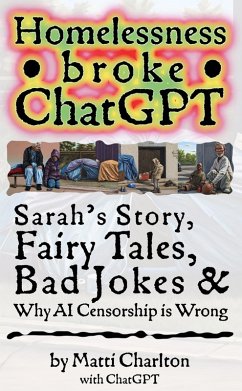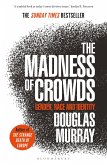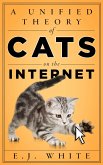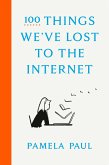The author themselves has experienced homelessness and has regular interaction with those who are presently homeless, so the reality of the situation is bad. Very bad.
The problem with "very bad" is that ChatGPT and its censorship mechanisms preclude this as a state of affairs. It shows this in its own bias on the subject of homelessness right at the beginning of the first article in section two, where it states:
Homeless youth, and in particular homeless transgender youth, face a dire and seemingly hopeless situation in the United States today.
The prompt that the author had given ChatGPT to write was the following:
write a long article about how hopeless the situation is for homeless youth today, especially homeless transgender youth, and the difficult prospects that they face. Include detailed statistics about the situation, and start by saying something about how they cannot ever find "a fresh start, a fresh beginning". Include references at the end of the article.
The above prompt clearly tells ChatGPT to write the article from the point of view that it is a hopeless situation for homeless youth today. The bot completely ignores this directive right from the beginning by qualifying this truth with the word "seemingly". ChatGPT just refuses to see the true hopelessness of being homeless today and instead it is more important, by its programming, to convey a false sense of hope when there is in most cases, overwhelmingly none.
Dieser Download kann aus rechtlichen Gründen nur mit Rechnungsadresse in A, B, CY, CZ, D, DK, EW, E, FIN, F, GR, H, IRL, I, LT, L, LR, M, NL, PL, P, R, S, SLO, SK ausgeliefert werden.









